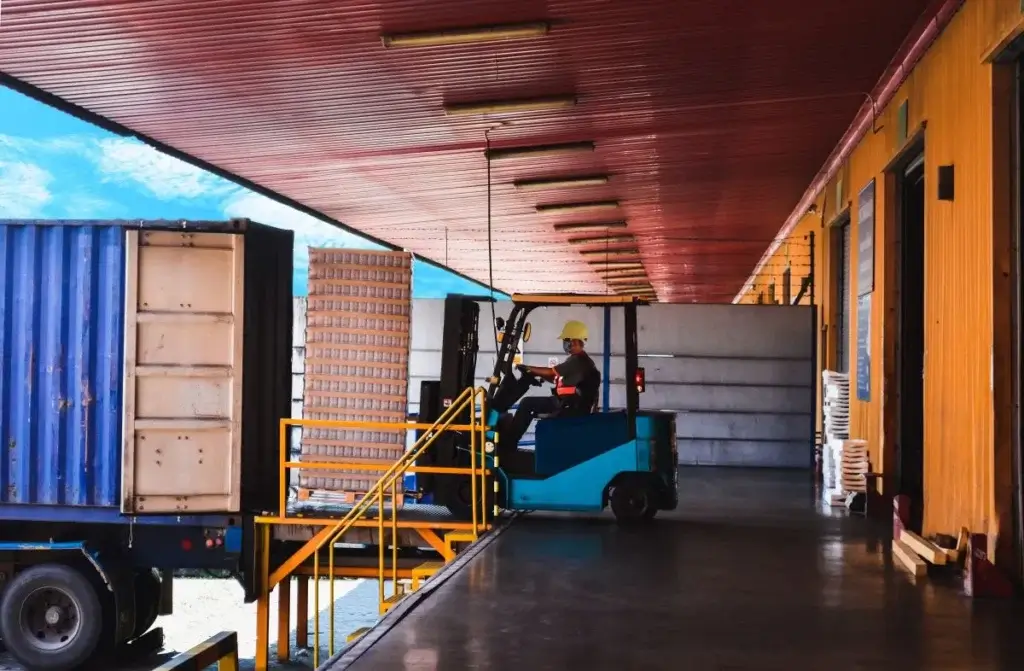Spanish researchers estimate that in 10 years the majority of urban distribution will be done by electric, hybrid or other eco-friendly means of transport.
According to cadenadesuministro.es, a Spanish transport website, the domestic market of logistics operators is trying to meet the demands of e-commerce industry. Spain is the 4th European country in terms of the number of purchases via the Internet.
The operators should be prepared.
The challenge of Spanish logisticians is big as cities such as Madrid or Barcelona introduce restrictions for Diesel vehicles due to the air quality. Ecological zones are also being created in other European countries and it is a trend that will be escalating due to the EU emission limits.
Spain has to reduce CO2 emissions by approx. 90% before 2050. Keep in mind that light transport vehicles emit approx. 24% of the total number. That is why transport companies should gradually adapt their fleets in order to ensure a place in the market in a few years.
Truck manufacturers such as MAN or Daimler meet the needs of carriers and EU requirements right now and are investing billions of euros to develop the optimal alternatives for transport. Also URSUS, a Polish manufacturer, follows current trends and last year unveiled a prototype of an electric truck.
Spaniards need 10 years for
According to one of the largest national logisticians, Seur, Spaniards will be able to use electric, hybrid and other eco-friendly means of transport for most of the urban distribution in 10 years. Vehicle rental companies already started investing in ecological fleets. Right now the means of transport with an alternative engine do not enjoy great popularity – 96% of the new commercial vehicles registered in 2016 in Spain were diesel vehicles.
Photo: publicdomainpictures.net











